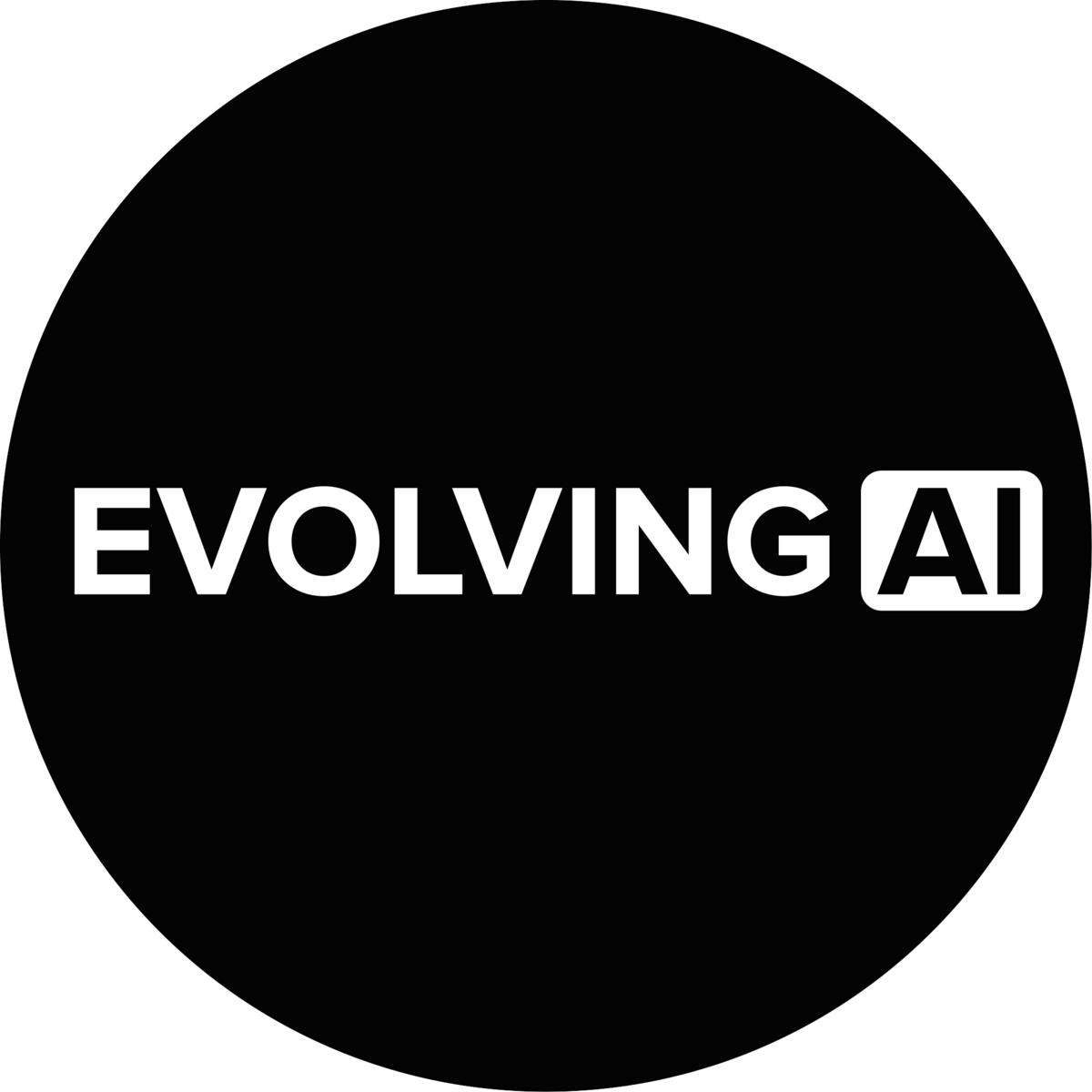
Welcome, AI enthusiasts
Welcome to today’s edition of our newsletter. As usual, many developments have been happening in the world of AI. Voters in New Hampshire have received AI-generated calls from 'Joe Biden' telling them not to vote. According to an MIT study, the impact of AI on job loss may be overhyped, and a new tool has been introduced to protect artists' portfolios from AI scraping. Let’s dive in!
In today’s insights:
Voters Receive Deepfake Audio of Biden
AI Job Loss May be Overhyped according to Study
Kin.art Shields Artist Portfolios from AI
Read time: 4 minutes
🗞 LATEST DEVELOPMENTS
Evolving AI: In New Hampshire, voters were targeted by a deepfake robocall, masquerading as President Biden, disrupting the primary process.
Key Points:
AI-generated voice, posing as President Biden, urged voters to skip the primary.
Call appeared to originate from the Democratic committee.
New Hampshire Attorney General's Office investigating as voter suppression.
Details:
The robocall incident in New Hampshire highlights a growing trend in political propaganda - the use of sophisticated AI technologies. This particular case involved an AI-generated voice imitating President Biden, urging voters to avoid participating in the primary. The call was cleverly disguised to seem like it was from the Democratic committee, adding a layer of authenticity. The Attorney General's Office is treating this as a serious attempt to influence voter behavior and suppress votes, prompting an immediate investigation. This incident underscores the potential for AI to disrupt democratic processes and raises concerns about the readiness of our legal and technological frameworks to combat such threats.
Why It Matters:
This alarming use of AI in politics demonstrates a critical point in our digital age: the thinning line between reality and artificial manipulation. As AI evolves, its potential misuse in politics poses a significant challenge to democracy. How we address and manage this emerging technology will shape the integrity of future elections and the trust in our democratic institutions.
You can listen to the fake Joe Biden call below.
Evolving AI: A new study from MIT CSAIL offers surprising insights into AI's role in job automation.
Key Points:
MIT CSAIL's research challenges common views on AI-driven job displacement.
Economic feasibility of AI in replacing jobs is less than anticipated.
Focus on visual analysis jobs, not text or image generation.
Details:
MIT CSAIL's recent study reveals a less dramatic AI impact on job automation than expected. Researchers focused on jobs requiring visual analysis, such as quality inspection, and found that automating these tasks with AI is not economically beneficial for most businesses. The study, covering U.S. non-farm businesses, indicates that only a fraction of vision-related jobs are worth automating. Even with self-service AI systems, many tasks remain economically impractical to automate. This study, however, doesn't encompass AI's potential in text and image generation roles.
Our Thoughts:
This research suggests a slower and more nuanced transition to AI in the workforce than widely predicted. It highlights the importance of assessing AI's economic viability in job automation and calls for policies to prepare for gradual changes. As AI evolves, its real impact on jobs will depend on a complex interplay of technology, economics, and societal readiness. Will we see AI as a tool augmenting human capabilities rather than a replacement? Only time will tell.
Evolving AI: A new tool, Kin.art, offers robust defense for artists' entire portfolios against AI scraping.
Key Points:
A new online art hosting platform with built-in AI defenses.
Uses image segmentation and label fuzzing to protect artwork.
Applies defenses in milliseconds, covering entire portfolios.
Details:
Kin.art emerges as a groundbreaking solution for artists in the generative AI era. Co-founder Flor Ronsmans De Vry announces this novel platform, setting it apart from others like the University of Chicago's Glaze Project. Kin.art uses two machine learning techniques: image segmentation and label fuzzing. These methods scramble both the artwork and its metadata, making it unrecognizable to AI scraping tools while maintaining its original appearance to the human eye. This dual approach ensures complete protection for artists' portfolios, preventing unauthorized AI training on their works.
Why It Matters:
Kin.art represents a significant stride in protecting artists' rights in the digital age. It not only shields their current works but also preserves the integrity of artistic creation against AI misuse. This development marks a crucial balance between technological advancement and the preservation of creative authenticity.
💡 Tip of the Day
Growthschool (Holiday Sale) - will help you master AI tools and ChatGPT hacks for FREE . Join their ChatGPT & AI workshop (worth $99) for FREE.
Offer Valid for the First 100 people ONLY. Register HERE🎁
🎯 SNAPSHOTS
Direct links to relevant AI articles.
🔊 ElevenLabs: Voice cloning startup lands $80M, achieves unicorn status.
❌ Google: Google cancels contract with an AI data firm that’s helped train Bard.
🛠️ Microsoft: Microsoft is building a team to build smaller, cheaper AI models
📈 Google Chrome: Adds new AI features to boost productivity and creativity.
📈 Trending AI Tools
📞 PolyAI - Conversational platform for enterprise (link)
✈️ Itair - AI-powered travel planning for human-created memories (link)
🛠️ Neuralhub - Playground for deep learning experiments (link)
🎨 Krea - AI-powered image generation (link)
🖼️ Luma Genie - Text-to-3D generator (link)
⏲️ Typedesk - Save time everywhere you work (link)
🧠 Originality AI - AI Content Checker and Plagiarism Check (link)



